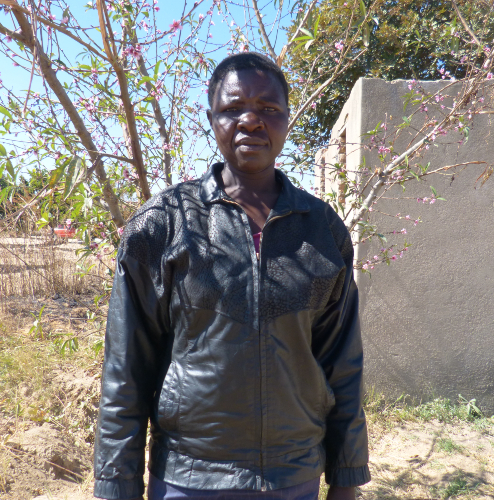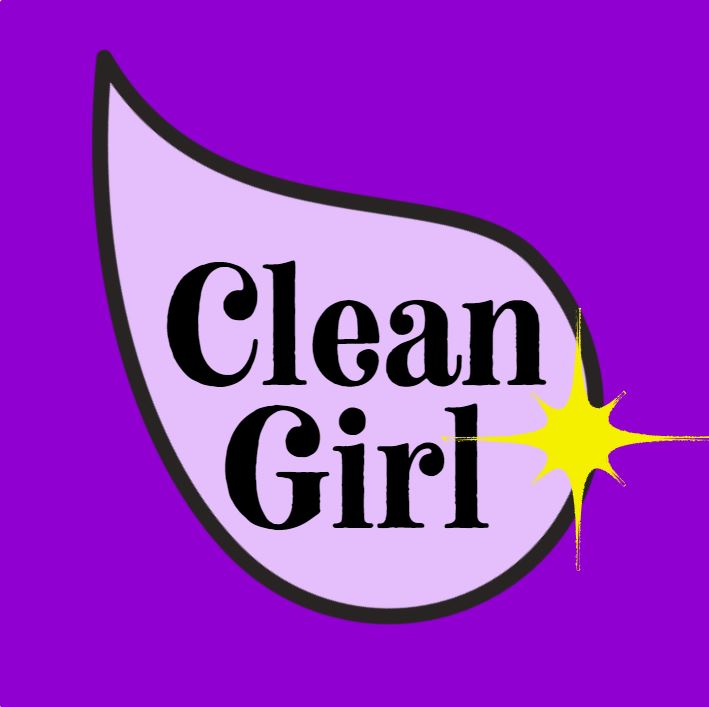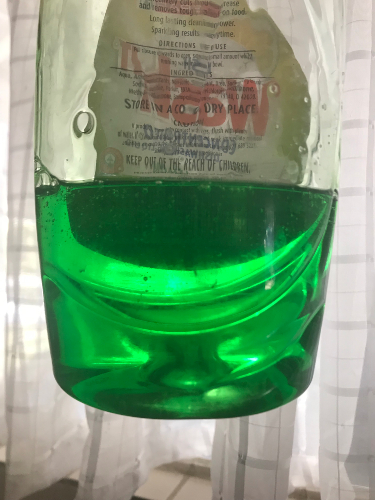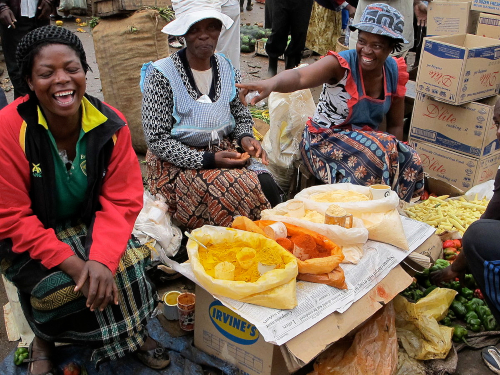As I work with WAP to evaluate their current program and plan for the expansion of their work, one of the things we have been focusing on is the economic empowerment of WAP’s beneficiaries. Poverty is among the leading causes of child marriage in Zimbabwe, and was identified as such by many of the women and girls we have interviewed.
Poverty in these communities can lead to a myriad of issues, one being that a girl’s family can no longer pay her school fees. Not being able to attend school, a girl’s ability to learn and gain skills for her future is severely impeded. She may also become perceived as an economic burden on her family and will be married off as a solution, or she may even begin to be abused by her guardians. Another outcome is that some girls may feel life would be more comfortable with a husband, so they will choose to marry young to improve their situation.

Amidst Zimbabwe’s current economic challenges, poverty is becoming an ever-greater problem for these women and girls. In order to work towards its mission, WAP has chosen to focus on economic empowerment and income generation to lift women and girls out of poverty and prevent child marriages, abuse, and early pregnancies.
For those who might be unfamiliar with economic empowerment initiatives, here are several examples of different definitions:
UN Women: “Women’s economic empowerment includes women’s ability to participate equally in existing markets; their access to and control over productive resources, access to decent work, control over their own time, lives and bodies; and increased voice, agency and meaningful participation in economic decision-making at all levels from the household to international institutions.”
CARE defines women’s economic empowerment as “the process by which women increase their right to economic resources and power to make decisions that benefit themselves, their families and their communities. Investing in women’s economic empowerment sets a path for poverty reduction and for equality between men and women.”
Introducing: CLEAN GIRL soap products! These soaps will be crafted by hand, packaged and sold by the group of beneficiaries and their mothers.

WAP believes producing and selling liquid soap is an effective way to meet these goals. Liquid soap products such as dish, toilet and engine cleaners are in high demand in Zimbabwe, and many locally-sourced and handmade options are desirable for their lower prices. Bar soap is also useful, but the raw materials to make those types of soaps are more expensive and difficult to acquire. Making the soap will be fairly simple once the ingredients and equipment are purchased. And selling the product will be easy, as open-air vendors and community markets are quite common throughout the city. The Ambassadors and club members can utilize social media and their networks to advertise the soap and spread the word about where people can purchase it.


You might be wondering – what sort of products go into this kind of soap? Is it safe to make? I had the same questions and have learned that the ingredients are fairly common and are safe as well. Several of the ingredients do contain chemicals, so anyone working with the soap will receive proper training and all will be provided adequate safety equipment.
This is where you come in! If you would like to support this program, please consider donating to the project on Global Giving (here). Importantly: if you are able to give $100 and above, you can have your gift matched up to 50% if you wait until July 18th! (if you are unable to give $100 and above, you have the option of pooling funds with a group of people and then donating in one large sum to make the matching amount stretch farther). We aim to raise at least $5,000 over the next few months for this pilot program.
Posted By McLane Harrington (Zimbabwe)
Posted Jul 8th, 2019


6 Comments
rachel wright
July 8, 2019
So glad to hear more in-depth about the soap initiative being undertaken by WAP. I’m looking forward to hearing more about how initial sales go and its impacts.
Michael O Harrington
July 8, 2019
This is brilliant. We need to now boost these young women with your fund raising effort. I will share.
Abby Lahvis
July 8, 2019
I’m glad you’re bringing awareness to the issues that are driving women to marry young. I think the soap initiative will be hugely beneficial in the future.
Emily
July 8, 2019
This is an excellent description of the soap project! I love that WAP is tackling this problem at its economic roots. I really hope this project gets the funding it needs ASAP!
iain
July 15, 2019
Clean Girl – love it! You lay the soap idea out so well and I’m sure that with a bit of luck and money WAP can get it started. The big questions are a) how quickly can they produce quality soap that will sell? b) can they meet their production targets for the year c) can they make serious money and d) is it enough to give girls a solid reason not to get married? But first things first – let’s get Clean Girl on to the market! Keep up the great work!
Spencer Caldwell
July 23, 2019
One of my GDPU colleagues mentioned the attendance at Abaka Primary School of preteen to teenage girls was a good sign, for it meant they were not ‘married off’ and having kids. I like your clean soap idea, and its marketability in Zimbabwe is a good start to empower women .